I am running a Python script in Jupyter Notebook and a library I am using (PyNN), produces a lot of stderr output that slows down the code and fills up the memory. I have tried using %%capture at the beginning of the cell but nothing has changed, and the output remains the same.
I am posting a snap of the output.
Any tips are appreciated. Thanks